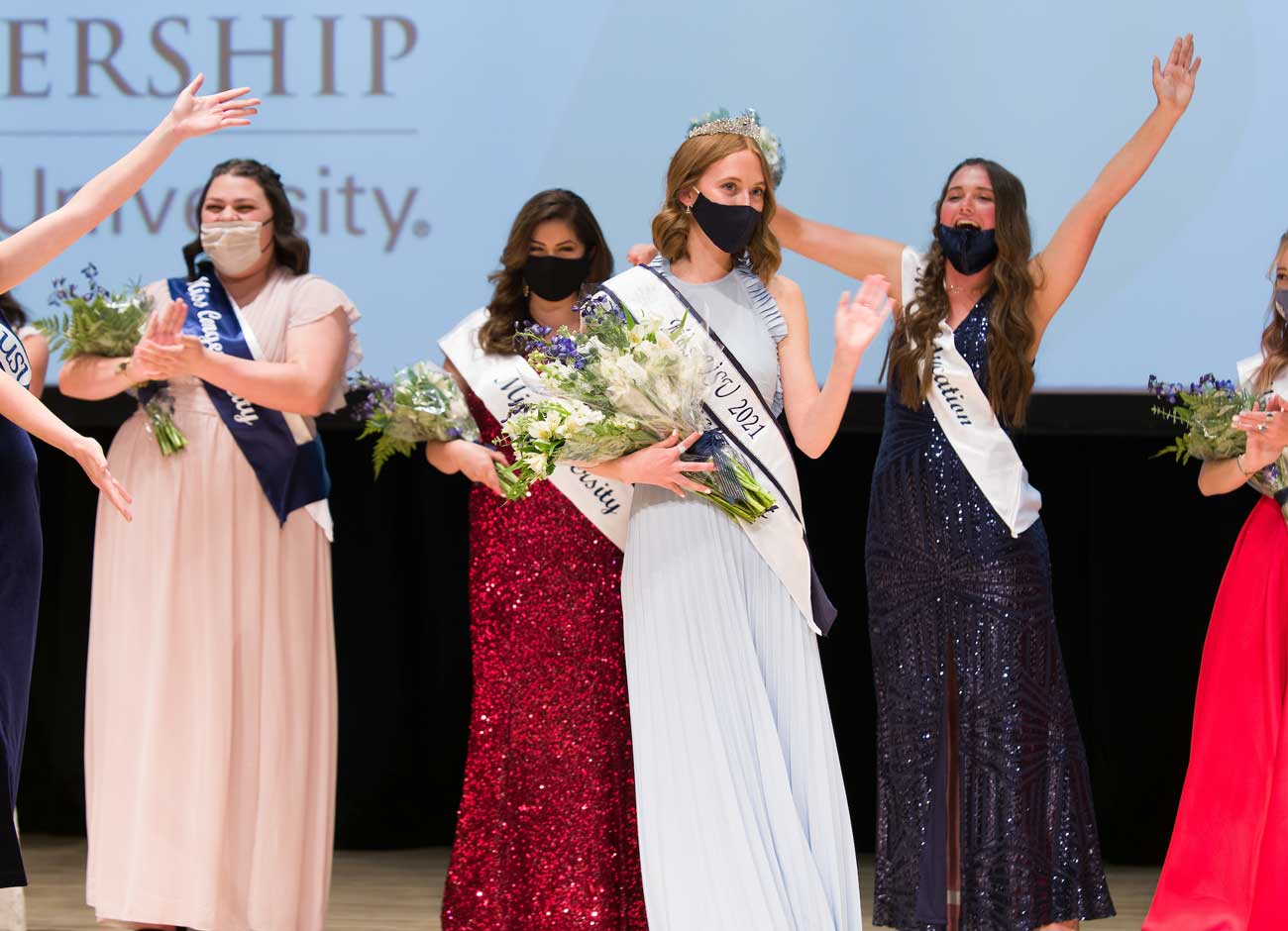Tips for talking with Kids

It is important for caregivers to check in with children and see how they are doing during the COVID-19 pandemic and to keep children informed of significant events.
This means having discussions with children as the pandemic evolves. Many adults have expressed concerns over how best to approach conversations with children about the pandemic. Here’s how to start:
- Check your own stress level before talking with your child. If you are not okay, wait until you have your own emotions and feeling under control before starting a discussion. Children take cues from adults. If you are overly worried or fearful, your child will pick up on these emotions and become more stressed.
- Remain calm, comforting, reassuring,and supportive. What you say and how you say it can help reduce your child’s worries.
- Rehearse or practice having a difficult conversation ahead of time with another adult. This way, you can be better prepared what you have that conversation with your child.
- Have notes handy. Notes can help to guide your conversation.
- Don’t be surprised your child’s concern are different from your own. Be open to hearing what your child has to say. For example, early on in the COVID-19 pandemic, many adults were focused on safety, while many children were concerned about how their lives were disrupted (e.g., not able to see friends or play outside).
PREPARE vs. SCARE
Many news stations and websites report events in a dramatic and sometimes scary way. One way to reduce stress is to turn the television or computer off once you and your family have the information you need. Too much viewing will scare (and create fears and worries), rather than prepare.
SEEKING HELP FOR CHILDREN AT RISK
Research shows that children’s disaster related-distress can be described in one of three ways:
- Some children are resilient. They might be a bit distressed at first, but mostly seem calm, cool, and collected.
- Other children may be distressed for a while, but gradually recover over time. This often is the largest group of children. So, even if your child is distressed, it is likely that he or she will so better over time, especially with your support.
- Finally, other children appear chronically distressed. They have high distress levels and do not recover much over time. These children may benefit from receiving professional help.





